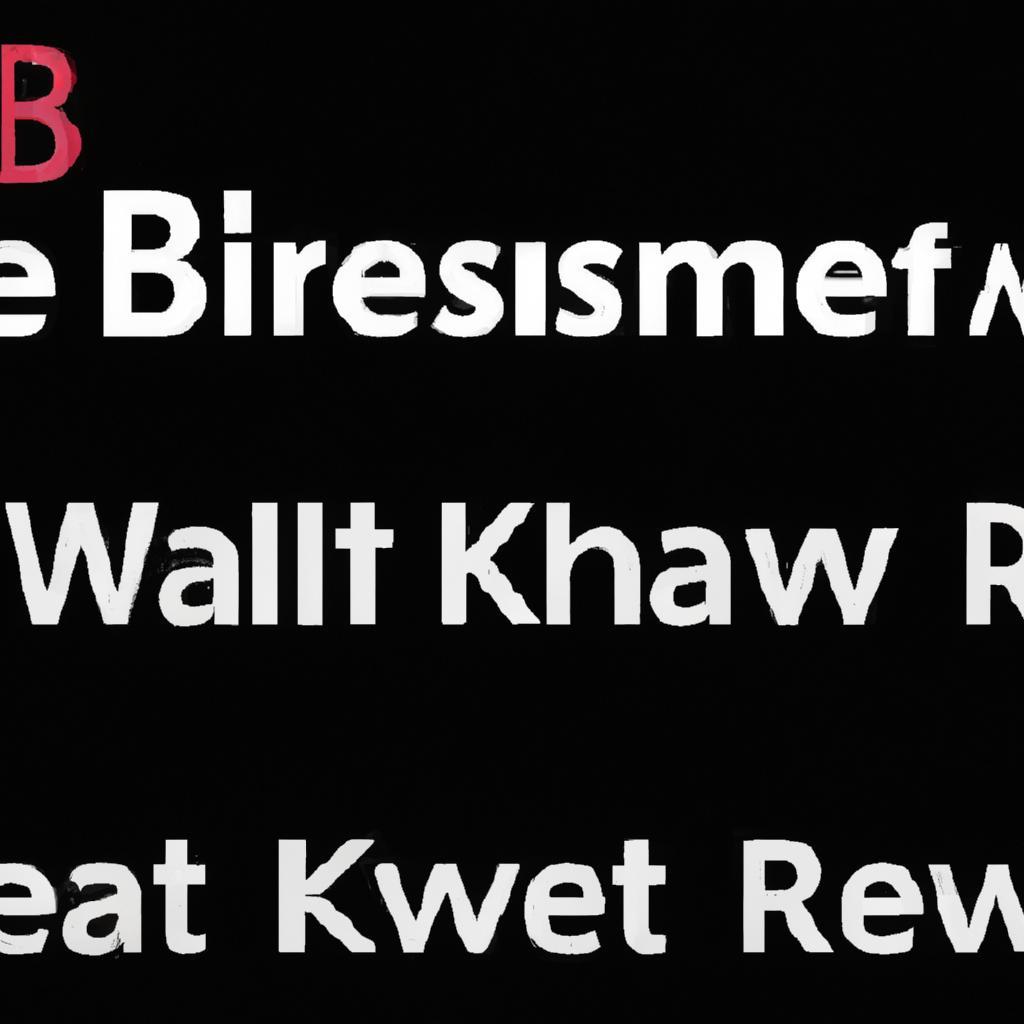Every morning, as the sun rises, Max the golden retriever eagerly waits for his breakfast. His owner, Sarah, once fed him generic kibble, but noticed he lacked energy and enthusiasm. After researching, she switched to a balanced diet of high-quality dog food, fresh vegetables, and occasional lean meats. Within weeks, Max was more playful, his coat gleamed, and his health improved. Feeding your dog the right nutrition daily isn’t just about filling a bowl; it’s about ensuring a vibrant, happy life. Choose wisely for your furry friend!
Contents
- Understanding Your Dogs Nutritional Needs for Optimal Health
- Choosing High-Quality Ingredients for a Balanced Diet
- The Importance of Portion Control and Feeding Schedule
- Supplementing Your Dogs Diet for Enhanced Well-Being
- Q&A
Understanding Your Dogs Nutritional Needs for Optimal Health
When it comes to your dog’s diet, understanding their nutritional needs is crucial for maintaining optimal health. Dogs require a balanced mix of proteins, fats, carbohydrates, vitamins, and minerals to thrive. Each of these components plays a vital role in supporting various bodily functions, from energy production to immune system health. Therefore, selecting the right food is not just about filling their bowl; it’s about providing them with the nutrients they need to lead a happy and active life.
**Proteins** are the building blocks of your dog’s body, essential for muscle development and repair. High-quality protein sources such as chicken, beef, fish, and eggs should be prioritized in their diet. Additionally, **fats** are important for energy and help maintain healthy skin and a shiny coat. Look for sources of omega-3 and omega-6 fatty acids, which can be found in fish oil and flaxseed. These nutrients not only support overall health but also contribute to cognitive function and joint health.
Carbohydrates are often misunderstood, but they provide a valuable source of energy for your dog. Whole grains like brown rice and oats, as well as vegetables such as sweet potatoes and peas, can be excellent additions to their diet. These ingredients not only supply energy but also offer dietary fiber, which aids in digestion. Furthermore, **vitamins and minerals** are crucial for various metabolic processes and should be included in your dog’s food. Look for a diet that contains a variety of fruits and vegetables to ensure they receive a broad spectrum of nutrients.
it’s essential to consider your dog’s specific needs based on their age, size, and activity level. Puppies, adult dogs, and senior dogs all have different nutritional requirements. For instance, puppies need a diet rich in calories and nutrients to support their rapid growth, while senior dogs may benefit from lower-calorie options that are easier to digest. Consulting with a veterinarian can help you tailor a feeding plan that meets your dog’s unique needs, ensuring they receive the best possible nutrition every day.
Choosing High-Quality Ingredients for a Balanced Diet
When it comes to feeding your dog, the quality of ingredients plays a pivotal role in their overall health and well-being. Opting for high-quality ingredients ensures that your furry friend receives the essential nutrients they need to thrive. Look for dog foods that list real meat as the first ingredient, as this indicates a protein-rich diet that supports muscle development and energy levels. Additionally, whole grains, fruits, and vegetables should be included to provide a balanced array of vitamins and minerals.
**Avoid fillers and artificial additives** that can compromise your dog’s health. Ingredients such as corn, soy, and wheat are often used as cheap fillers that offer little nutritional value. Instead, prioritize brands that emphasize natural, wholesome ingredients. This not only enhances the flavor of the food but also contributes to better digestion and overall vitality. Reading labels carefully can help you identify the best options available in the market.
Incorporating a variety of proteins into your dog’s diet can also be beneficial. **Consider rotating between different sources of protein**, such as chicken, beef, fish, and lamb. This not only keeps mealtime exciting for your dog but also ensures they receive a diverse range of amino acids necessary for optimal health. Additionally, including healthy fats, such as omega-3 and omega-6 fatty acids, can promote a shiny coat and healthy skin.
don’t overlook the importance of sourcing ingredients responsibly. **Choose brands that prioritize sustainability and ethical sourcing**. This not only supports your dog’s health but also contributes to the well-being of the planet. By selecting high-quality, responsibly sourced ingredients, you can feel confident that you are providing your dog with the best possible nutrition, setting them up for a long, happy life.
The Importance of Portion Control and Feeding Schedule
Understanding the significance of portion control is crucial for maintaining your dog’s health and well-being. Just like humans, dogs can suffer from obesity and related health issues if they consume more food than their bodies require. By adhering to recommended serving sizes based on your dog’s age, weight, and activity level, you can help prevent excessive weight gain and promote a healthier lifestyle. This not only enhances their quality of life but also extends their lifespan.
Establishing a consistent feeding schedule is equally important. Dogs thrive on routine, and a regular feeding schedule helps regulate their metabolism and digestion. By feeding your dog at the same times each day, you can create a sense of security and predictability in their environment. This can lead to better behavior and a more balanced temperament, as dogs often feel more at ease when they know what to expect.
When determining the right portions and feeding times, consider the following factors:
- Age: Puppies require more frequent meals than adult dogs, while senior dogs may need less food overall.
- Activity Level: Active dogs may need larger portions to fuel their energy, while less active dogs should have their portions adjusted to prevent weight gain.
- Health Conditions: Certain medical conditions may necessitate specific dietary restrictions or portion adjustments, so consulting with a veterinarian is essential.
Incorporating portion control and a structured feeding schedule into your dog’s daily routine not only supports their physical health but also fosters a deeper bond between you and your pet. By being mindful of what and how much you feed your dog, you are taking proactive steps toward ensuring they lead a happy, healthy life. Remember, a well-fed dog is a happy dog, and your commitment to their nutrition will pay off in the long run.
Supplementing Your Dogs Diet for Enhanced Well-Being
When it comes to enhancing your dog’s diet, the right supplements can make a significant difference in their overall health and vitality. Many pet owners are unaware that their furry friends may not be receiving all the essential nutrients from their regular food. By incorporating high-quality supplements, you can help bridge the nutritional gaps and promote a longer, healthier life for your canine companion.
Consider adding **omega-3 fatty acids** to your dog’s diet. These essential fats are known for their anti-inflammatory properties and can support skin health, joint function, and even cognitive function. Fish oil or flaxseed oil are excellent sources of omega-3s that can easily be mixed into your dog’s meals. Additionally, **probiotics** can enhance your dog’s digestive health, helping to maintain a balanced gut microbiome and improve nutrient absorption.
Another beneficial supplement is **glucosamine**, particularly for older dogs or those with joint issues. This natural compound can help maintain cartilage health and alleviate discomfort associated with arthritis. Pairing glucosamine with **chondroitin** can further enhance joint support, allowing your dog to remain active and playful. Always consult with your veterinarian before introducing new supplements to ensure they are appropriate for your dog’s specific needs.
Lastly, consider incorporating **vitamin and mineral supplements** tailored to your dog’s life stage and health status. These can provide essential nutrients that may be lacking in their regular diet, such as vitamins A, D, E, and B-complex, as well as minerals like calcium and phosphorus. By carefully selecting the right supplements, you can create a well-rounded diet that supports your dog’s well-being and keeps them thriving for years to come.
Q&A
-
What is the best type of food for my dog?
The best type of food for your dog is a high-quality, balanced diet that meets their specific nutritional needs. Look for dog food that lists real meat as the first ingredient, includes whole grains, and is free from artificial additives. Consider your dog’s age, size, and activity level when choosing the right formula.
-
Should I feed my dog dry food, wet food, or a combination?
Both dry and wet foods have their benefits. Dry food is convenient, helps maintain dental health, and is often more cost-effective. Wet food can be more palatable and hydrating. A combination of both can provide variety and ensure your dog receives a balanced diet, keeping mealtime exciting.
-
How often should I feed my dog?
Most adult dogs should be fed twice a day, while puppies may require three to four meals daily. Establishing a consistent feeding schedule helps regulate your dog’s digestion and energy levels. Always consult your veterinarian for personalized recommendations based on your dog’s specific needs.
-
Can I give my dog table scraps or human food?
While some human foods are safe for dogs, many can be harmful. It’s best to avoid table scraps and stick to dog-specific treats. If you want to share human food, ensure it’s healthy and safe, such as plain cooked chicken or carrots, and always consult your vet before introducing new foods.
providing your dog with a balanced, nutritious diet is essential for their health and happiness. Invest in high-quality food tailored to their needs, and watch them thrive. Your furry friend deserves the best—make every meal count!

大家好,我是彼得潘,專業的手法身體治療師。我喜歡探索和研究各種主題,並透過與人工智慧的合作分享專業、實用、有趣的文章。我們定期進行人工審核,以確保內容的準確性。如果您發現文章中有任何不準確的地方,請隨時與我們聯繫,我們會及時糾正。您可以透過 [email protected] 與我們聯繫。



